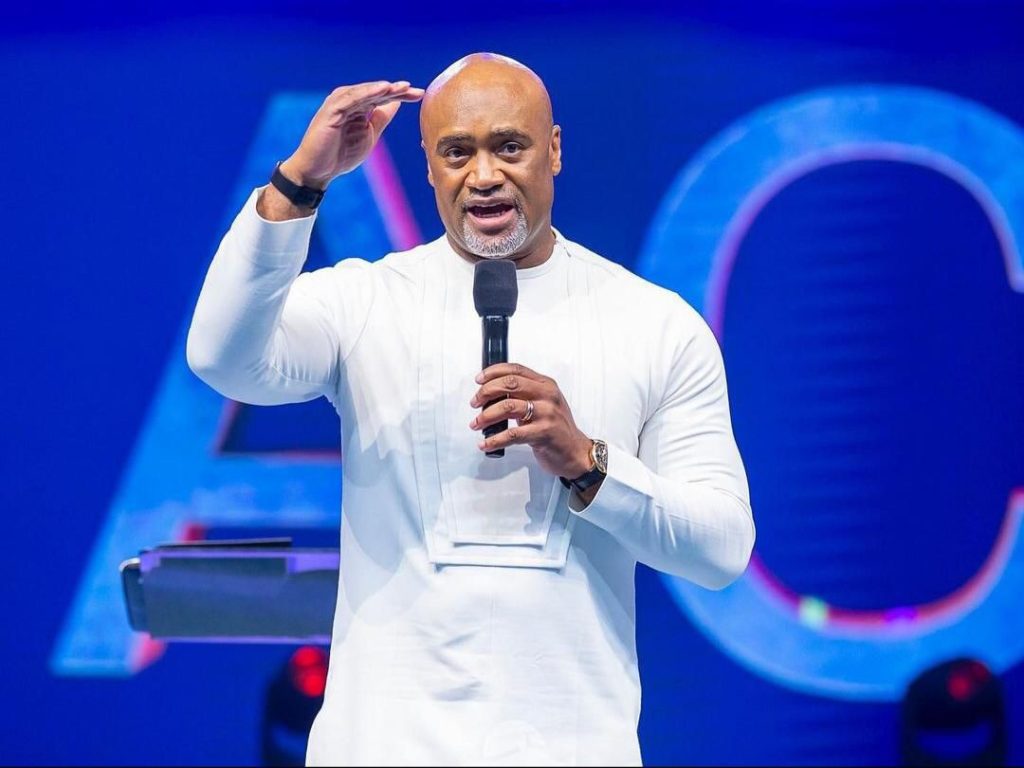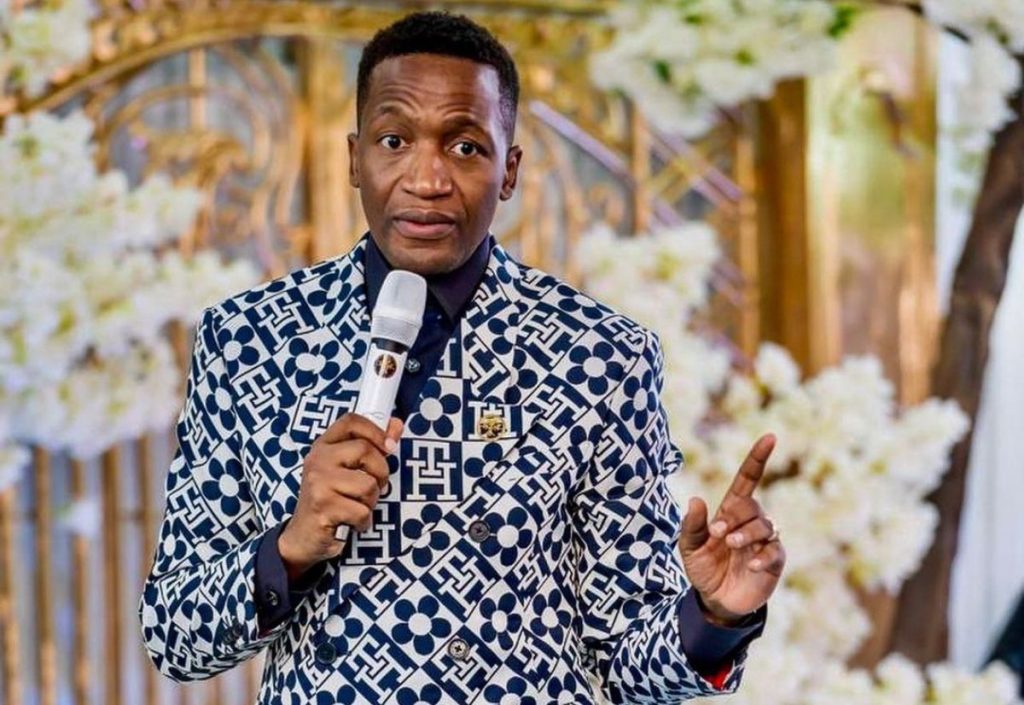A storm is brewing, fierce, calculated, and disturbingly consistent. In recent months, what many are calling a targeted digital war against the Church has escalated, leaving prominent spiritual leaders under fire from all corners of the internet. From scandal-chasing bloggers to reckless influencers seeking overnight fame, the tactics have grown bolder and more aggressive. But beneath the noise, a clear and sobering truth is emerging: this is not just about men, it’s about silencing the Church.
“Strike the Shepherd, Scatter the Sheep”
The recent case of Pastor Paul Adefarasin, a global voice and founding pastor of House on the Rock, left many stunned, not just because of the accusations, but because of how audaciously false they were. A now-viral video alleged that Pastor Paul pointed a firearm at a content creator who aggressively approached him without permission or boundary.

The accusation spread like wildfire across social platforms, with “investigative” content creators spinning narratives without verification, painting him as volatile and dangerous.
But Pastor Paul, calm and composed, addressed the matter with dignified clarity:
“I do not own a pistol license. I do not carry a firearm. And I did not point any firearm at anybody.”
That statement shattered the narrative and revealed what many are now acknowledging: the goal wasn’t truth, it was traction. The content creator in question had breached Pastor Paul’s personal space with hostile energy, and when he did not get the desired reaction, he created a fake one.
This is the new warfare. And Pastor Paul is not alone in the trenches.
Prophet Uebert Angel: Another Bullet of Accusation
Across the continent, in Zimbabwe, world-renowned Prophet Uebert Angel, respected for his prophecies, leadership, and diplomatic influence, also found himself under fire. This time, the accusation was bizarre: that he carried a firearm into a church service.

For a man who regularly draws thousands in attendance and commands respect from global dignitaries, the claim felt almost comedic, until it wasn’t. The story caught on with bloggers, some media outlets, and social media pundits who weaponized the accusation, painting him as a militant preacher. Yet, no evidence surfaced, and the prophet never brandished nor was seen with any weapon in any verifiable footage.
He responded not with outrage, but with wisdom, offering a fatherly warning to the content-obsessed culture:
“You can exercise your right to free speech, but after that, you will no longer be free. You can say what you want for a few minutes, or a few days—maybe even a season. But it will come back at you. You might forget, but the internet will not forget.”
His words struck a deep chord. Because while the internet gives voice, it does not grant immunity. And the day will come when those voices must account for the damage they’ve done.
A Dangerous Trend
What’s unfolding before our eyes is not just criticism, it’s a digital desecration of the sacred. Platforms that were meant for empowerment are now being used to defame, destroy, and destabilize spiritual authority. The new trend is clear: rise not by building, but by breaking someone else down. Tear down a man of God, and you’ve bought yourself headlines, hashtags, and a thousand subscribers.
The fallout isn’t just personal. These attacks shake the faith of entire communities, confuse new believers, and paint the church as a circus of corruption, when in truth, many of these men have sacrificed decades in service to people and to God.





